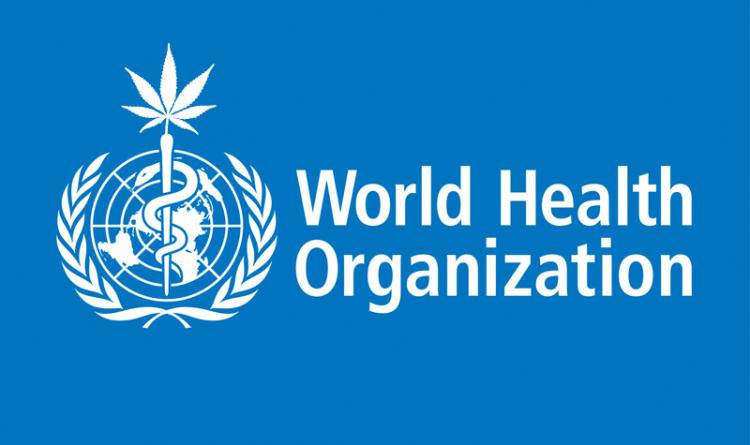In an exciting turn of events, the World Health Organization (WHO) has finally acknowledged that cannabis should no longer be considered a controlled substance in international treaties.
The WHO published a letter on February 1 recommending that cannabis and cannabis resin not be considered controlled substances in international treaties but specifically that it should be removed from Schedule IV of the Single Convention on Narcotic Drugs which is currently the highest restriction, as reported by https://420intel.com.
“The placement of cannabis in the 1961 treaty, in the absence of scientific evidence was a terrible injustice,” U.S. Air Force veteran and legalization advocate Michael Krawitz told Forbes. “Today the World Health Organization has gone a long way towards setting the record straight. It is time for us all to support the World Health Organization’s recommendations and ensure politics don’t trump science.”
The Single Convention on Narcotic Drugs Schedule IV designation consists of substances that are considered to have no therapeutic value. The WHO also recommended the remove the controls in place for dronabino which is the active ingredient in Marinol capsules as well as from CBD preparations that contain 0.2 percent or less of a THC content.
“We are extremely pleased that the World Health Organization has finally recognized the therapeutic potential of cannabis and its derivatives as a safe and effective medicine. With an international rescheduling or descheduling of cannabis, the U.S. government can no longer use the excuse that cannabis has no medical value,” said Steph Sherer, president and founder of the patients’ group Americans for Safe Access. “It is now incumbent that our government change legislation at the federal level to eliminate barriers to research and access for patients throughout the country. It is time our government stepped up to provide relief for patients that have been suffering for years throughout the U.S.”
This recommendation is a long time coming after a group of science and medicine experts reviewed a report at a Conference in Washington DC about the benefits of cannabis and the framework for legalization. The report was submitted to the United Nations Commission on Narcotic Drugs (CND) and WHO agreed to review of cannabis. The recommendations were finally published last week.
“This is the best outcome that WHO could possibly have come up with,” said Kenzi Roiboulet Zemouli, head of research at For Alternative Approaches to Addiction Think & Do Tank. He said that the recommendation is “a beginning of a new evidence and health-oriented cycle for international Cannabis policy.
